1. Twin Peaks
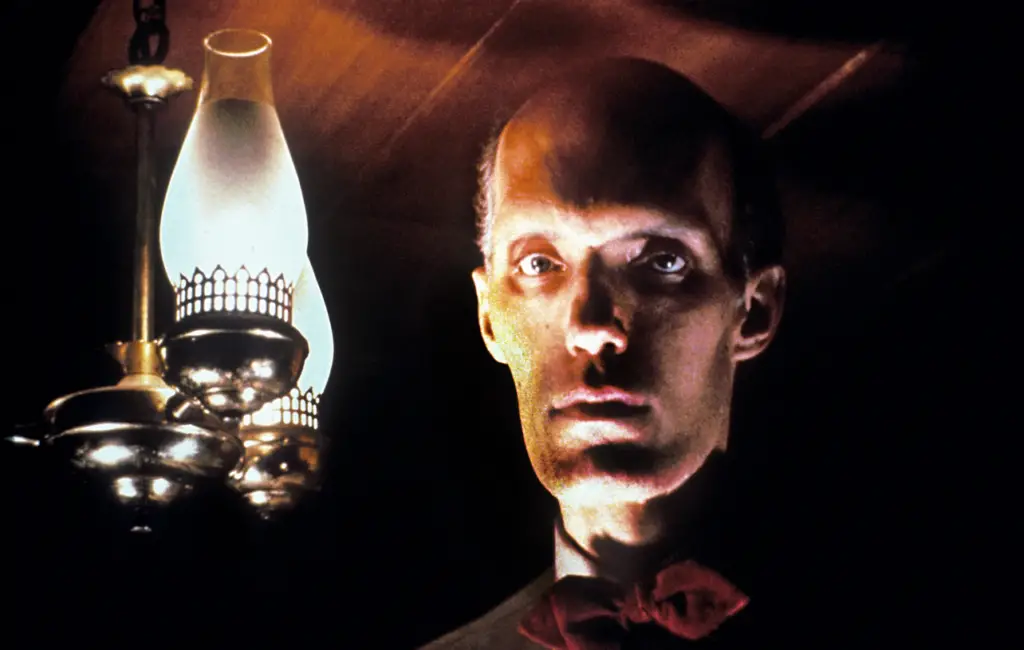
When Twin Peaks debuted in 1990, it felt like a strange, offbeat anomaly. However, the show’s mix of mystery, surrealism, and soap opera was undeniably ahead of its time. Set in a small town with dark secrets, it blended quirky humor with deep, eerie suspense that didn’t quite fit into any genre. Its influence on later shows like The X-Files and Lost is undeniable, but in the ’80s, it was simply too strange to catch on with mainstream audiences.
Despite its short run, Twin Peaks introduced viewers to a unique world where small-town Americana collided with supernatural elements. It wasn’t until years later that fans and critics realized how revolutionary it was in shaping the landscape of TV drama. While it became a cult classic, it was far too ahead of its time in terms of narrative structure and tone to succeed in the late ’80s.
2. My So-Called Life
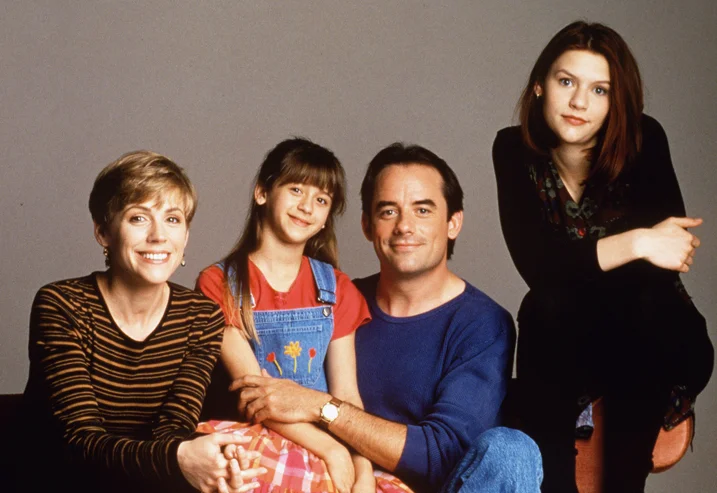
Premiering in 1994, My So-Called Life wasn’t exactly part of the ’80s, but it owes its existence to the breakthroughs of that decade. This coming-of-age drama, centered around the complex life of Angela Chase, depicted teenage angst with unprecedented depth. Though it only lasted one season, the show resonated with viewers for its raw, honest portrayal of adolescence. The nuanced writing and relatable characters made it a touchstone for teen dramas that would come after.
The way My So-Called Life blended humor, drama, and emotion was ahead of its time. Teen TV before this was often filled with over-the-top melodrama, but this show took a more realistic approach. In retrospect, it stands as one of the best teen dramas of all time, but sadly, it arrived too early to find its audience and was canceled before its time.
3. Moonlighting
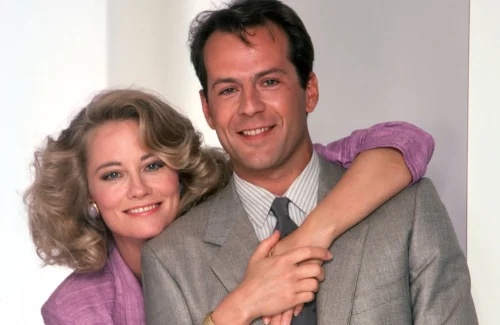
While Moonlighting (1985–1989) is remembered fondly, its innovative mix of genres made it ahead of its time. A witty blend of detective procedural and romantic comedy, the show starred Bruce Willis and Cybill Shepherd as bickering private investigators. The unique chemistry between the leads and the mix of genres felt fresh, but also made the series hard to define for audiences looking for clear-cut drama or comedy.
Moonlighting broke the mold by playing with audience expectations. Its snappy dialogue, fourth-wall-breaking moments, and blending of mystery with comedy made it stand out from other shows in the ’80s. It’s often considered the precursor to later hits like The X-Files and Castle, which balanced romance with mystery in a similar way.
4. Perfect Strangers
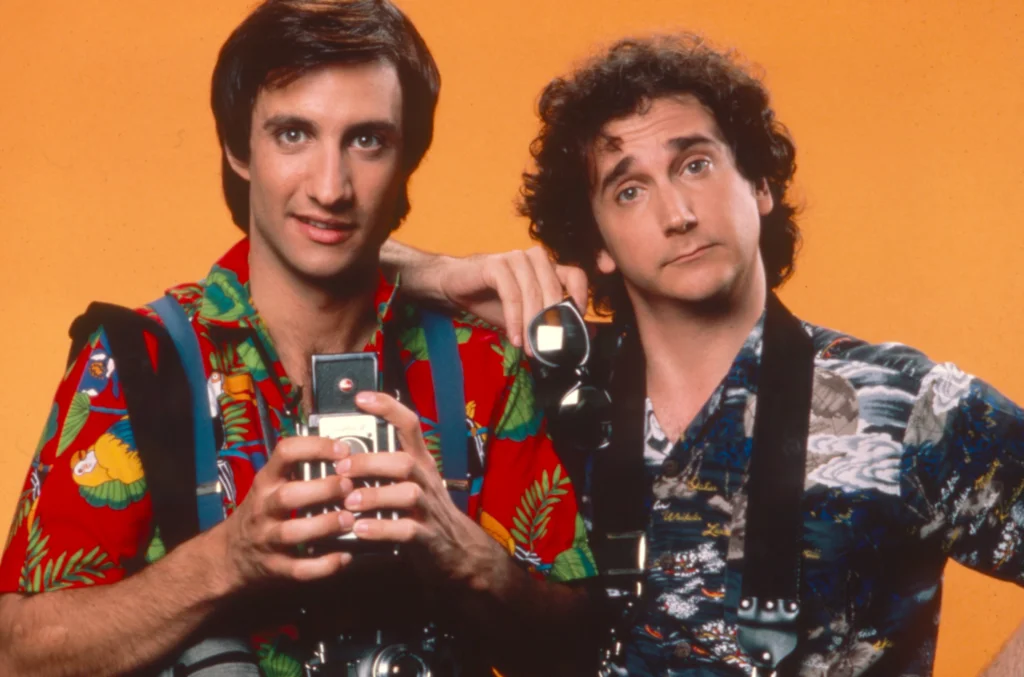
While Perfect Strangers (1986–1993) was a beloved sitcom during its run, it was ahead of its time in its exploration of cultural clashes. The show followed Larry, an American man, and his immigrant cousin Balki, who moves from the Mediterranean island of Mypos to live with him. The show tackled issues of cultural misunderstandings with humor, something that wasn’t as common in TV at the time.
Its clever mix of fish-out-of-water humor and the clash of cultures laid the foundation for later shows that would dive into deeper cultural themes. Despite being a light-hearted sitcom, Perfect Strangers took a risk by making immigration and cultural adaptation its core themes, making it more progressive than most ’80s comedies.
5. ALF
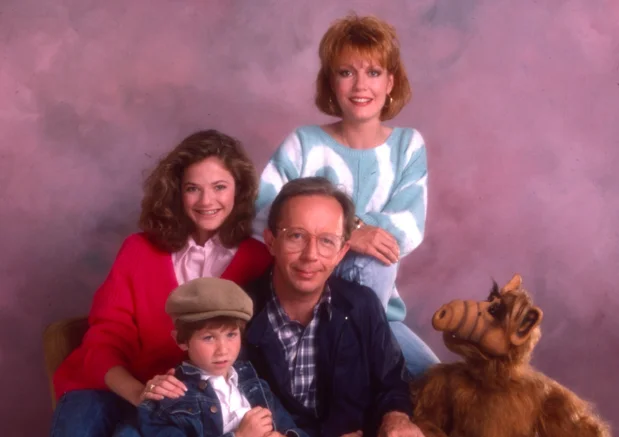
ALF (1986–1990) was a sitcom about a wise-cracking alien from Melmac who crashes into a suburban family’s garage. While it seems like a fun family show, ALF tackled themes of family, identity, and belonging in ways that other shows of the era didn’t. The alien perspective allowed for a fresh look at human culture, and ALF’s sarcastic wit made him an unlikely TV icon.
Though it was undeniably quirky, the show’s approach to blending comedy with moments of emotional depth set it apart. ALF wasn’t just about the laughs; it was about exploring how strangers (or aliens) fit into a world they don’t quite understand. Looking back, the show’s attempt to explore deeper emotional themes through humor was something that wouldn’t truly be embraced in mainstream TV until later decades.
6. The Wonder Years
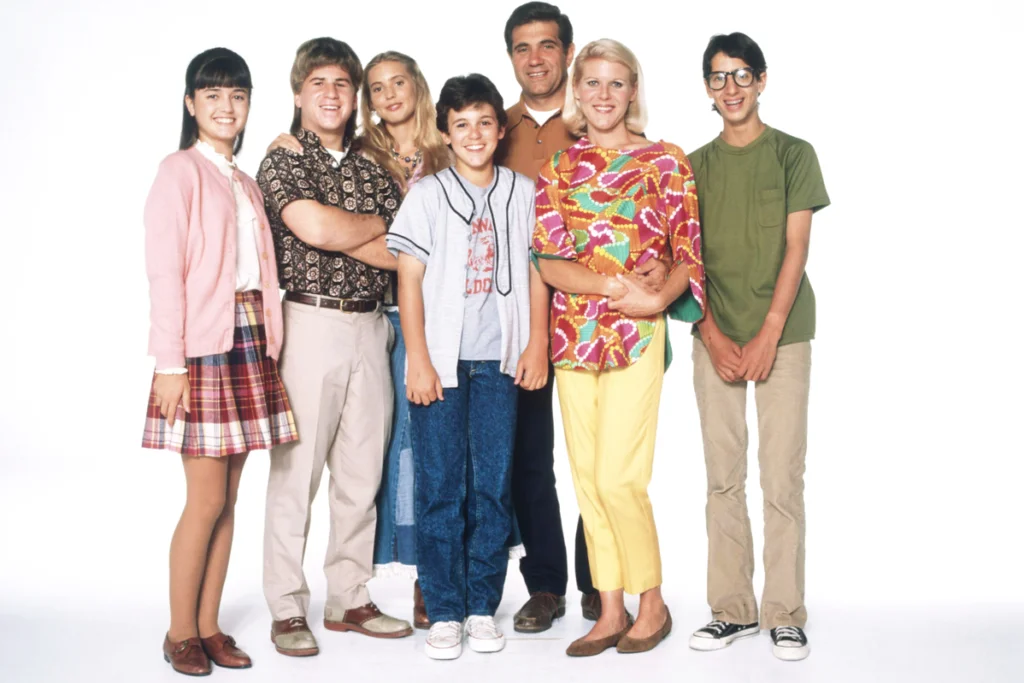
Although The Wonder Years (1988–1993) is a beloved classic, its blend of nostalgia, family drama, and humor was revolutionary in the late ’80s. The show followed Kevin Arnold, a boy growing up in the 1960s, with a voiceover from his older self reflecting on the meaning of adolescence. At a time when sitcoms were often light-hearted and focused on humor, The Wonder Years brought a new depth to family television.
Its ability to mix comedy with emotional insight, especially through the lens of growing up during turbulent times, was far ahead of its time. The show captured the bittersweet nature of childhood, something that was rarely explored in such an authentic way on TV before. The Wonder Years influenced many shows in the ’90s and beyond that would take a more heartfelt and nuanced approach to family and coming-of-age stories.
7. The X-Files
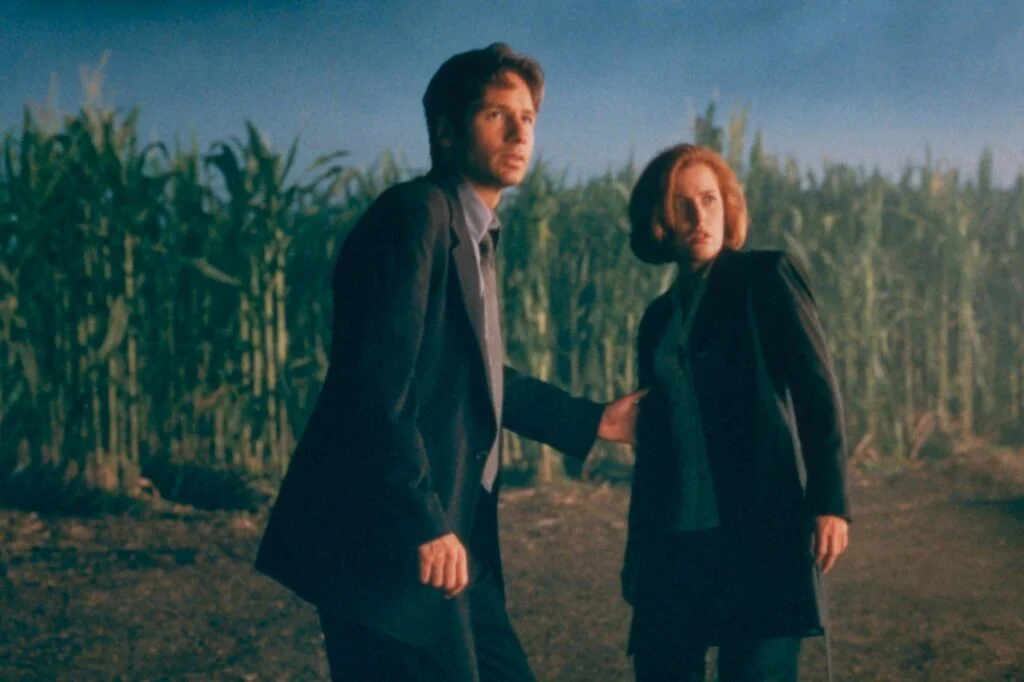
Although The X-Files (1993–2002) wasn’t part of the ’80s, its roots are in the speculative fiction that began gaining traction during that decade. The show mixed government conspiracies, alien encounters, and supernatural mysteries, setting the stage for a whole new era of TV thrillers. Its dark, often paranoid tone resonated with a generation increasingly concerned about government overreach and the unknown.
What made The X-Files so influential was its blend of episodic mysteries with an overarching conspiracy narrative. While The X-Files is better known for its ’90s run, its foundation was laid in the ’80s, where shows like Unsolved Mysteries and Project UFO began laying the groundwork for darker, more complex TV.
8. The A-Team
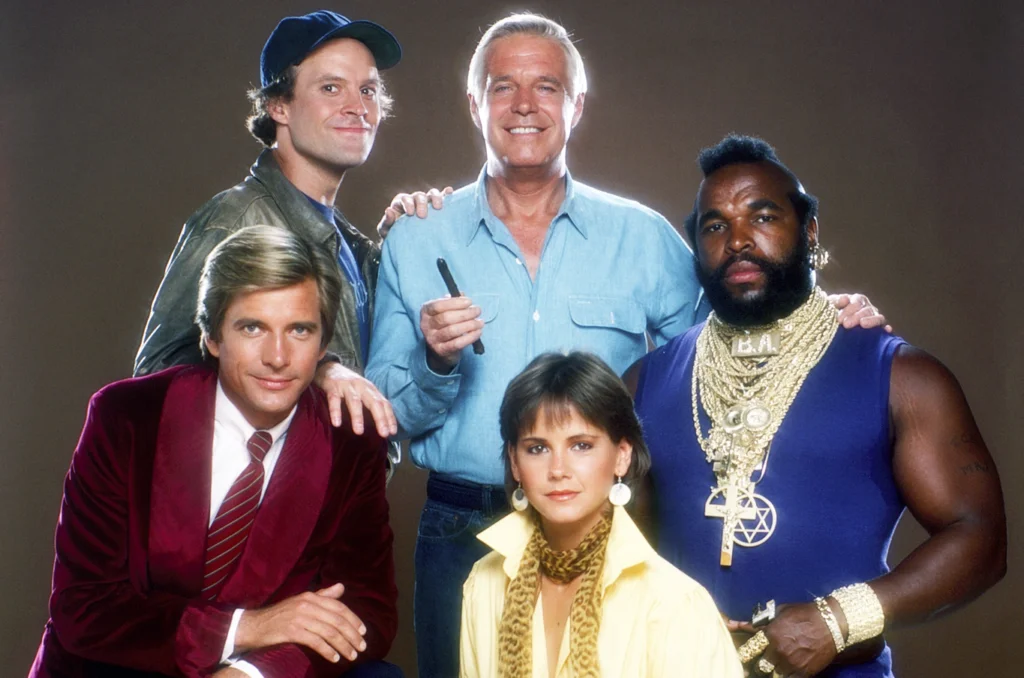
Although The A-Team (1983–1987) is often remembered as a light-hearted action series, it broke new ground in its portrayal of military veterans as complex, human characters. Each member of the team had a backstory that made them relatable, even as they embarked on over-the-top adventures. The series blended action with humor, with a strong emphasis on camaraderie and teamwork.
While it was packed with explosions and larger-than-life action sequences, The A-Team made it clear that heroism wasn’t about being a perfect soldier but about working together to help others. The show’s balance of over-the-top action with deeper moments of humanity was an early example of blending fun and emotional depth in a way that modern action shows do today.
9. Dynasty
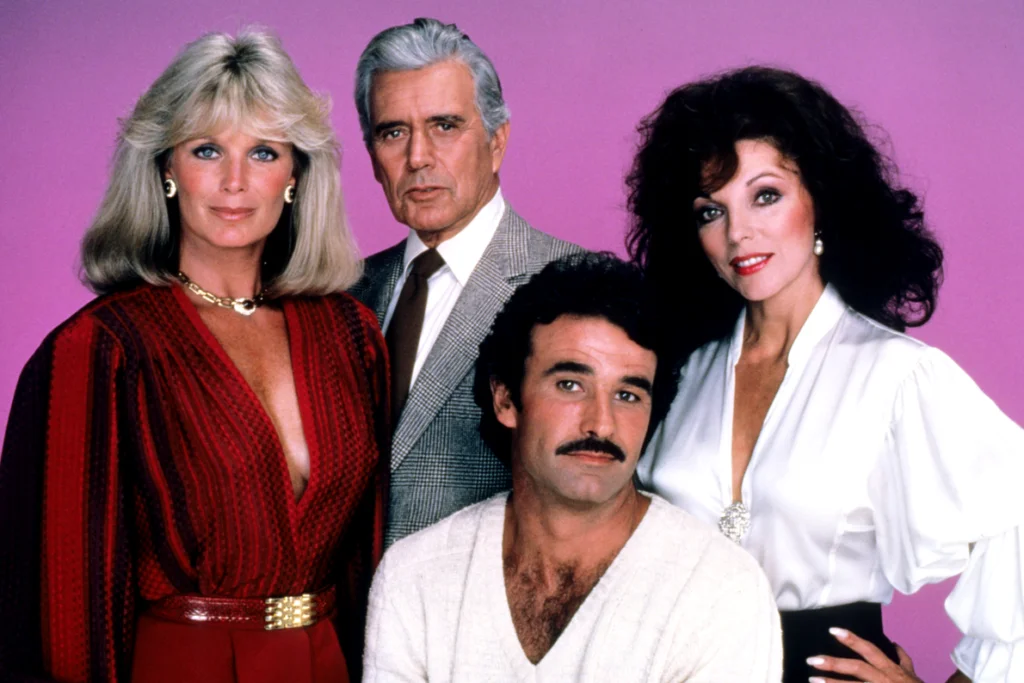
Dynasty (1981–1989) was the quintessential soap opera of the ’80s, but it was ahead of its time in its portrayal of power, wealth, and family dynamics. The show followed the wealthy Carrington family and their constant struggle for control of their oil empire. It made household names out of its cast and turned the soap opera genre into a prime-time staple.
What set Dynasty apart was its portrayal of ambitious, powerful women like Alexis Carrington, played by Joan Collins. The series offered a sharp commentary on class, gender, and wealth, all while wrapping it in glamorous fashion and juicy drama. It’s easy to see how the modern fascination with powerful, complex female characters owes a debt to Dynasty.
10. The Equalizer
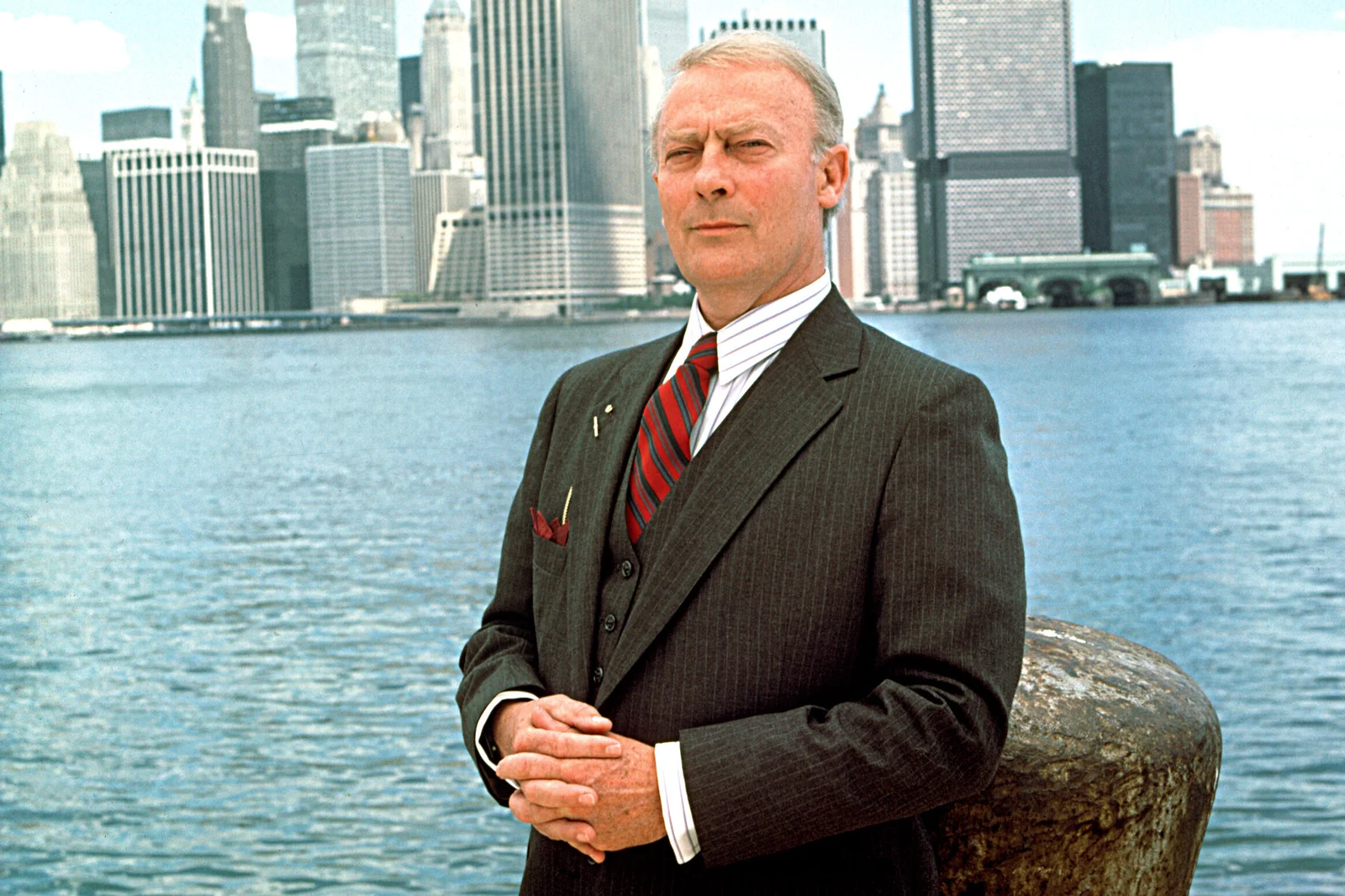
The Equalizer (1985–1989) featured Edward Woodward as a former CIA operative who became a vigilante justice-seeker in New York City. The series combined elements of crime drama with a deep exploration of morality, as the protagonist sought to right the wrongs that the legal system could not. Its mature themes of justice and redemption were far more complex than most shows at the time.
The series set the stage for future vigilante justice shows like Person of Interest and The Punisher. What made The Equalizer unique was its focus on helping people who were often overlooked by society. In a decade when crime dramas often glorified violence, this show took a more introspective approach, making it ahead of its time in how it portrayed justice.
11. Knight Rider
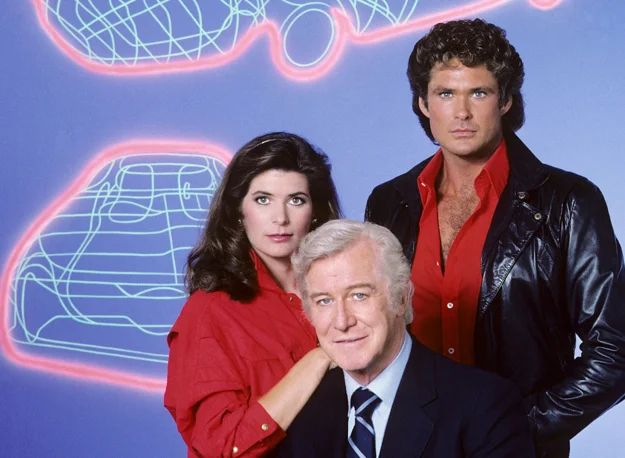
Knight Rider (1982–1986) took the classic cop drama and added a futuristic twist. The show starred David Hasselhoff as Michael Knight, a lone crime fighter with a super-intelligent car named KITT. What made Knight Rider stand out was the bond between man and machine, which felt groundbreaking for its time.
While the show’s high-tech car and flashy gadgets were part of its appeal, Knight Rider also explored the theme of artificial intelligence and what it meant to trust technology. This mix of action and philosophical questions about AI was way ahead of what TV audiences were ready for in the ’80s. Today, with shows like Westworld and Black Mirror exploring similar themes, Knight Rider feels more relevant than ever.
12. Sledge Hammer!
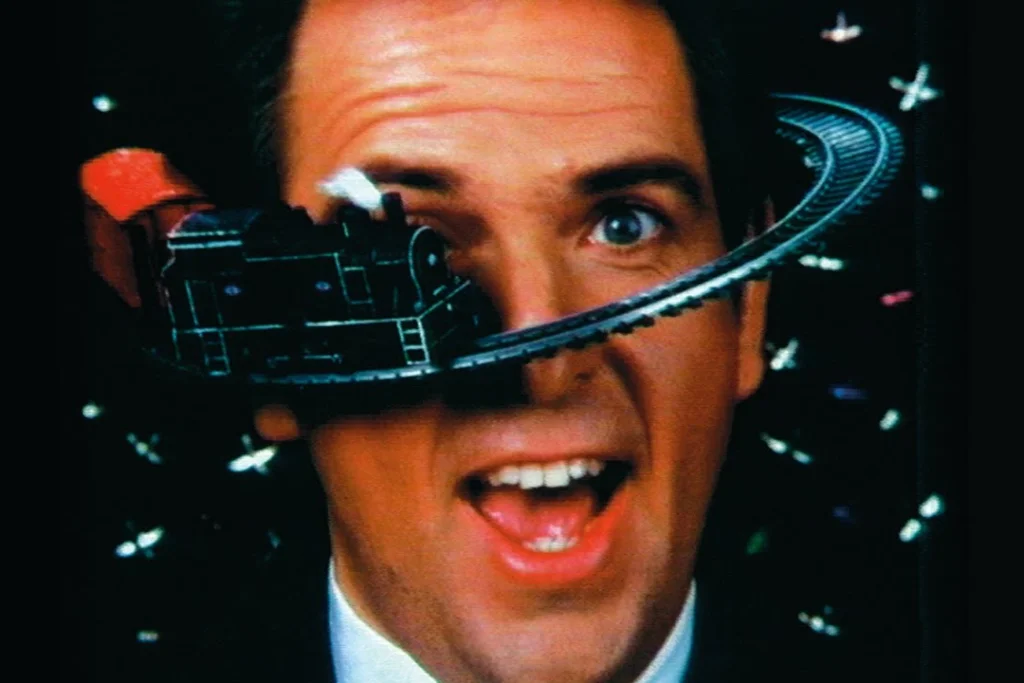
Sledge Hammer! (1986–1988) was a parody of the tough-guy cop genre, but it was ahead of its time in how it deconstructed action tropes. The show starred David Rasche as a reckless, over-the-top detective who used his gun more than his brain. While Sledge Hammer! was often comedic, it was also a biting critique of the “no-nonsense” action heroes that dominated ’80s TV.
By turning the tough cop trope into a satire, the show played with viewer expectations, making it a precursor to later shows like Brooklyn Nine-Nine and Archer. Its irreverent humor and parody of crime dramas were groundbreaking, though audiences weren’t always ready for its style of humor at the time.
13. Picket Fences
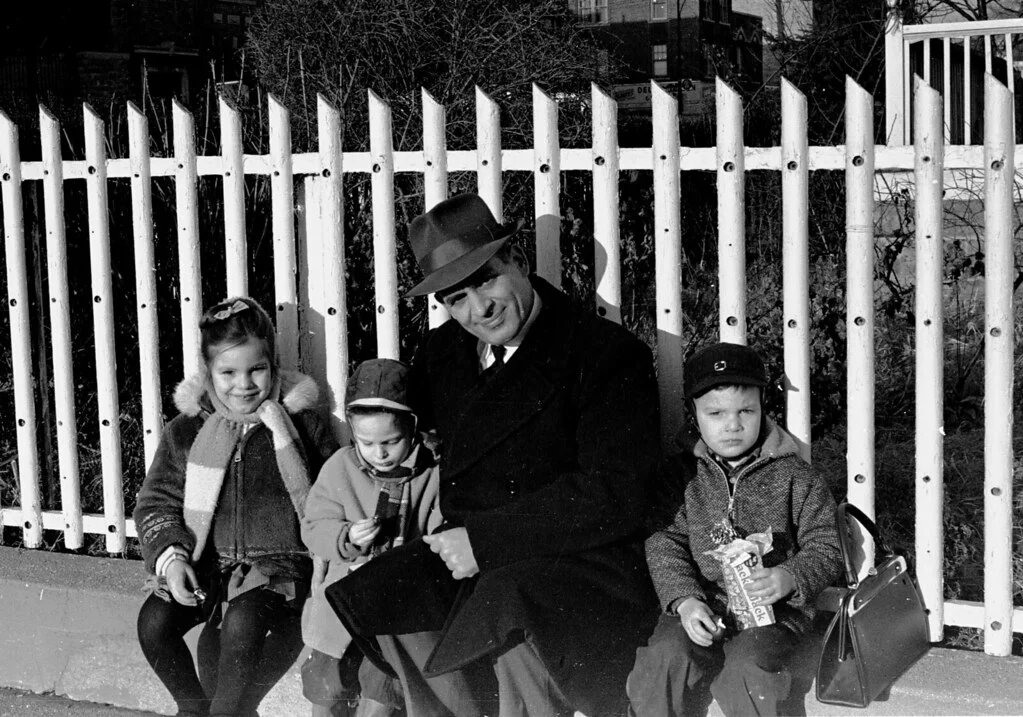
Picket Fences (1992–1996) was a drama that explored the complexities of small-town life with a sharp, thoughtful approach. It combined dark humor with family drama, focusing on the lives of the residents of a seemingly idyllic town. Though it aired in the ’90s, the seeds of its innovative storytelling were planted in the ’80s with shows like Hill Street Blues that sought to show a more complicated view of American life.
The show dealt with moral dilemmas, family relationships, and issues of justice in ways that made it feel years ahead of its time. Picket Fences was one of the first shows to balance the seemingly mundane with the darkly surreal, setting the stage for future hits like Six Feet Under and Desperate Housewives.
14. Cagney & Lacey
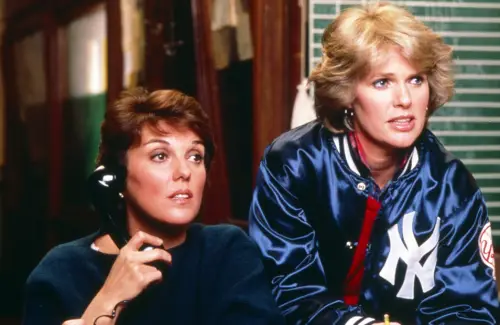
Cagney & Lacey (1982–1988) broke new ground by featuring two women as the leads in a police procedural, something rarely seen on TV at the time. The show followed two detectives, one more by-the-book and the other more rebellious, as they navigated the challenges of working in a male-dominated field. It was revolutionary in its portrayal of women in law enforcement, depicting them as complex characters who had to balance their demanding careers with personal lives.
The show’s depiction of female friendship and the realities of being a woman in a high-pressure job was way ahead of its time. Cagney & Lacey set a precedent for later female-driven crime dramas, such as The Closer and Rizzoli & Isles, and its legacy is still felt today.
15. Family Ties
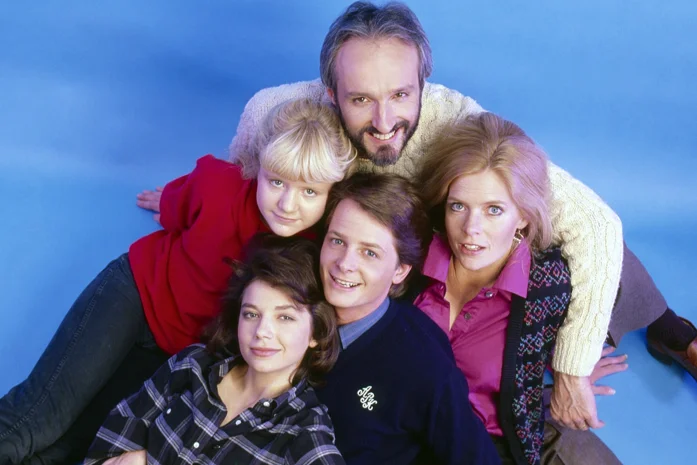
Family Ties (1982–1989) became an iconic sitcom because of its portrayal of generational conflict. Starring Michael J. Fox as the conservative son of liberal parents, the show explored the cultural and political divide between baby boomers and their children. It was funny and heartfelt, yet it also tackled real issues like political ideology and generational differences.
The character of Alex P. Keaton, played by Fox, became a pop culture icon, capturing the ’80s fascination with materialism and ambition. The show’s ability to balance humor with thoughtful commentary on political and social issues made it stand out among its peers. It was one of the first shows to present a complex view of family dynamics in a way that was both entertaining and relatable.
16. The Golden Girls
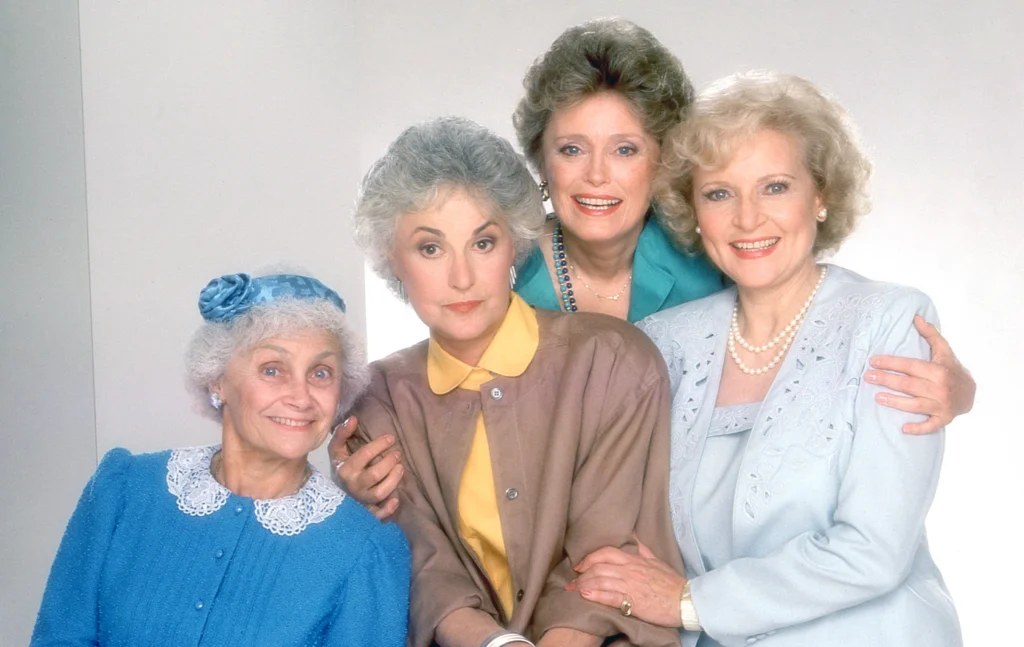
The Golden Girls (1985–1992) became a beloved classic, but it was groundbreaking in its depiction of older women as funny, independent, and full of life. The show followed four women living together in their golden years, navigating friendships, love, and life in ways that weren’t often seen in sitcoms.
At a time when older women were often cast in secondary, comedic roles, The Golden Girls presented them as multi-dimensional characters with depth and humor. The show broke new ground in its portrayal of aging, friendships, and women’s independence. Its success proved that audiences were ready for more diverse representations of life, making it more than just a sitcom—it was a cultural milestone.
17. The Highwayman
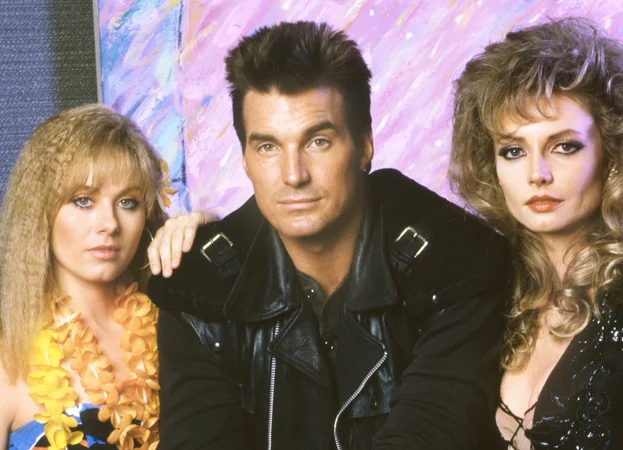
The Highwayman (1987) was a short-lived action series that combined futuristic technology with a retro Western theme, making it a unique blend for its time. Set in the near future, it followed a vigilante hero who fought crime in a high-tech truck equipped with a variety of advanced gadgets. The show’s futuristic setting, paired with its traditional Western hero trope, was an innovative mix that hadn’t been seen before on TV.
What set The Highwayman apart was its use of cutting-edge technology, combined with a lone cowboy-style protagonist, which made it feel like a precursor to later shows that would blend action with high-tech narratives, like Knight Rider. Its vision of the future, where technology was at the forefront of crime-fighting, would feel right at home in today’s action TV landscape. While it never gained traction with audiences, The Highwayman was ahead of its time in combining genres and exploring futuristic themes with a nostalgic twist.
18. Cheers
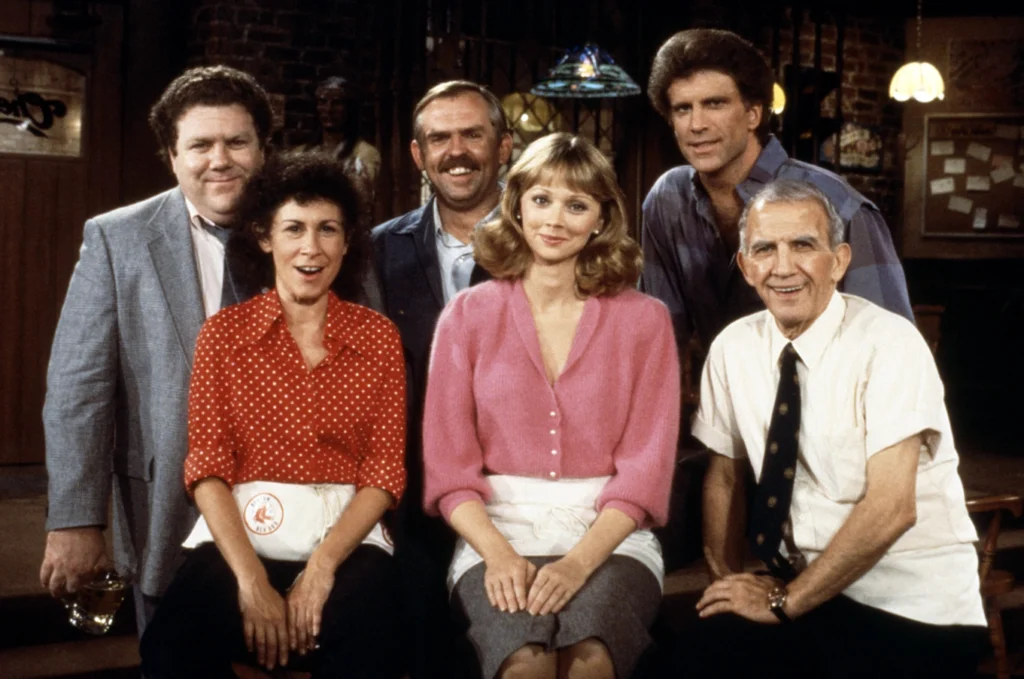
Cheers (1982–1993) might be best known for its comedy, but the show’s deep character development and subtle examination of human relationships set it apart. The bar setting allowed the series to explore the lives of its patrons and staff in a way that felt both intimate and expansive. At its heart, Cheers was about human connection in all its messy, imperfect forms.
Though it started as a simple workplace sitcom, the show’s focus on friendships, love, and loss made it resonate deeply with audiences. Cheers set the stage for future ensemble comedies like Friends and How I Met Your Mother. It was both ahead of its time in its nuanced portrayal of relationships and perfectly in tune with the American public’s evolving cultural sensibilities.


